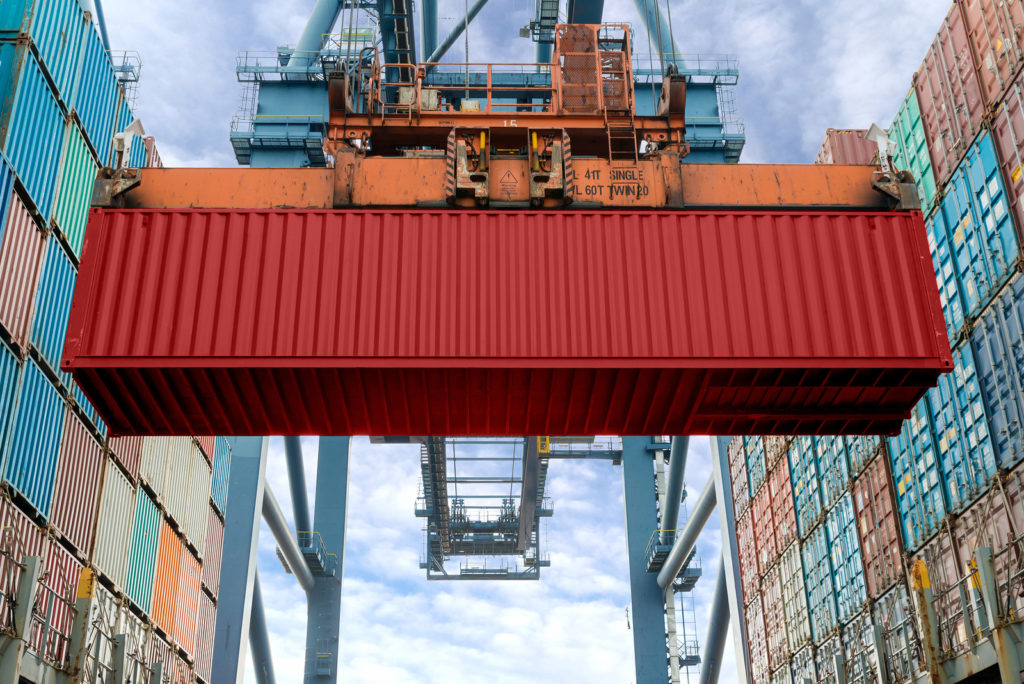When most goods enter the country, the completion of customs formalities usually includes the payment of customs and excise duty. However in a number of cases, the duties are not paid on import and the goods are moved under “customs control” to “licensed premises” which are secured facilities, whether bonds or warehouses where goods are held pending payment of the duties and release into “home consumption” for wider use, often for retail sale.
This process is often used for items such as alcohol and tobacco (which will change on 1 July 2019 when permits must be held and duty paid on import for tobacco) as well as on parts for automotive vehicles needed for warranty claims which need to be on hand. Of course, alcohol and tobacco are subject to high duties and have significant consumer demand. As a result there has been a relatively high level of stock stolen or disappearing from these premises to be sold on the black market. In those cases, while duties have not been paid, there is still a liability for those in possession, custody and control of the goods for amounts equivalent to customs and excise duty payable on those goods. There are also associated exposures to administrative and other penalties for being unable to account for the goods when requested.
There have been a number of decisions around the nature of the liability for amounts equivalent to customs duty which have held that the liability is almost absolute with little chance of defence (in fact one Federal Court judge suggested that the only exception would be “act of Godzilla”). The issue is then who is liable for the amount?
It now seems that liability is deliberately broad to any number of persons in the supply chain depending on the nature of their possession, custody or control of the goods. That could extend to parties other than the operators of the licensed premises including freight companies carrying the goods or managing their movement. Importantly, in a recent High Court decision the High Court held that liability could extend to companies, their directors and officers and even their employees can be held liable to the amounts equivalent to customs duty. Although not yet fully tested, it would seem to be consistent with the broad approach to who could be liable for unpaid customs duty. It is also consistent with the fact that individuals and companies can equally be liable for the related penalties even when they did not intend to commit the offence.
Clearly this is an issue of real and immediate concern in the supply chain, to companies, their officers and employees, many of whom would be surprised to find that they could be liable to these amounts and penalties. Appropriate responses include review of commercial operations to minimise risks, ensuring terms and conditions of trade and contracts provide protection against liability from those for whom services are provided and also seeking insurances against such significant liabilities.
Full details of the High Court decision and consequences are in my earlier article. If you have any concerns in this area please contact a member of our Transport & Logistics team.
